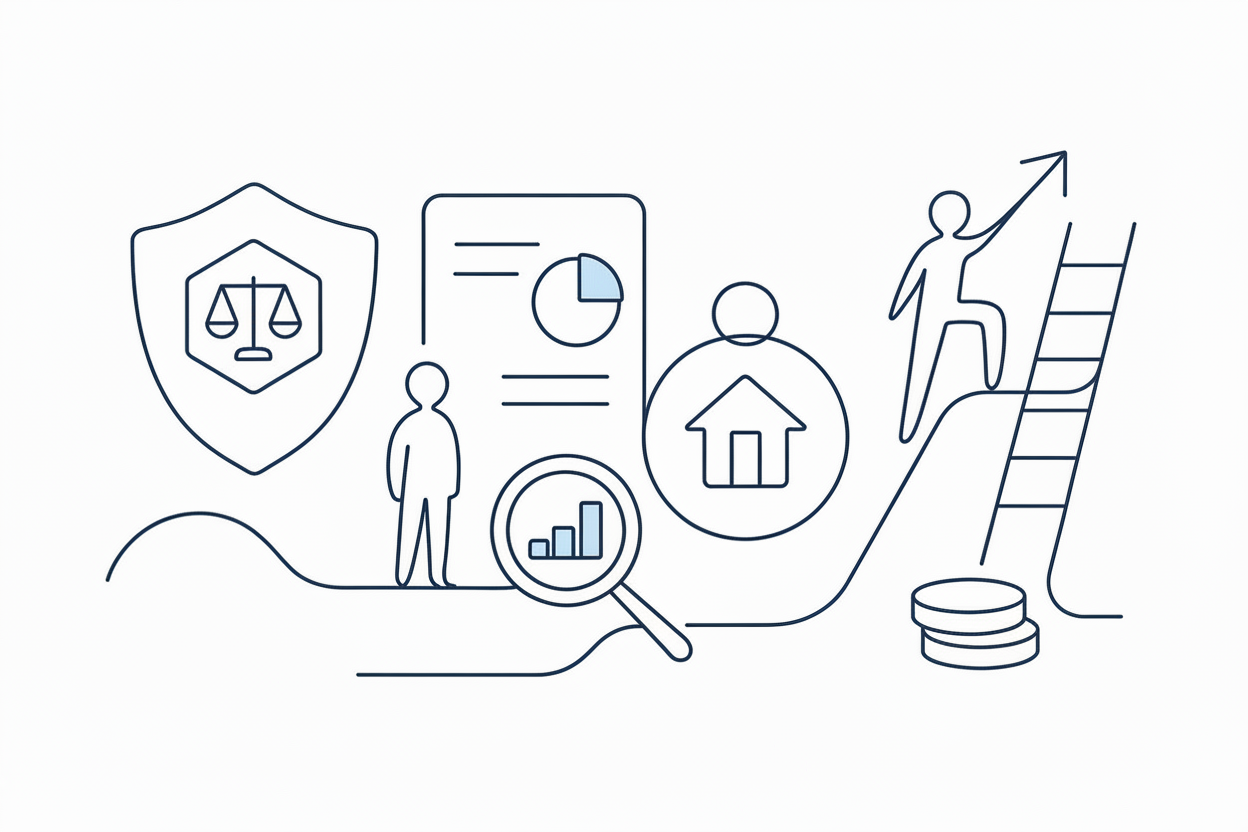Automated Trading vs. Manual Discretionary Trading: Which is Better?
Reviewed by
Mike Christensen, CFOA
Fact checked by
Mike Christensen, CFOA
January 2, 2023

When it comes to trading, there are two main approaches: automated trading and manual discretionary trading. In automated trading, the trader uses computer algorithms to make trades based on predefined rules, while in manual discretionary trading, the trader makes trades based on their own judgment and analysis.
Automated Trading vs. Manual Discretionary Trading
So which approach is better? It's a debated topic, and the answer ultimately depends on the individual trader's goals and preferences. However, here are some pros and cons of each approach to consider:
Automated Trading
Want access to simple easy to use web based trading software? Create your free 90 day paper trading trial for TradersPost and start automating your trading strategy today!
Pros
- One of the main benefits of automated trading is that it can be faster and more accurate than manual discretionary trading. Because the computer algorithms are designed to follow specific rules, they can execute trades faster and with less emotional bias than a human trader.
- Automated trading can also help to reduce the risk of human error. When a trader is manually analyzing and making trades, there is always the possibility of making mistakes due to fatigue, stress, or other factors. By using a computer program to make trades, you can eliminate some of these risks.
- Automated trading can also be more consistent than manual discretionary trading. Because the computer program follows the same rules every time, it can produce more consistent results over the long term.
Cons
- One of the downsides of automated trading is that it can be expensive to set up and maintain. You will need to invest in software and possibly also hire a programmer to develop the algorithms for you.
- Another potential drawback of automated trading is that it can be inflexible. Because the computer program follows predetermined rules, it may not be able to adapt to changing market conditions in the same way that a human trader can.
- Finally, automated trading can also be less exciting than manual discretionary trading. Some traders may enjoy the challenge and thrill of making trades based on their own analysis and judgment, and automated trading can take some of that excitement away.
Manual Discretionary Trading
Pros
- One of the main benefits of manual discretionary trading is that it allows the trader to have more flexibility and adaptability. Because the trader is making decisions based on their own analysis and judgment, they can adjust their strategy as needed in response to changing market conditions.
- Manual discretionary trading can also be more exciting and challenging for some traders. It allows the trader to use their skills and knowledge to make trades, and the thrill of making a successful trade can be rewarding.
- Finally, manual discretionary trading can be less expensive than automated trading, as it doesn't require the use of expensive software or the hiring of a programmer.
Cons
- One potential drawback of manual discretionary trading is that it can be slower and less accurate than automated trading. Human traders may take longer to analyze and make trades, and they may also be more prone to making mistakes due to emotions or other factors.
- Manual discretionary trading can also be more inconsistent than automated trading. Because the trader is making decisions based on their own judgment, the results may vary more from trade to trade.
- Finally, manual discretionary trading can be more stressful than automated trading, as the trader is responsible for making all the decisions and is under more pressure to make the right ones.
Conclusion
Whether automated trading or manual discretionary trading is the better approach will depend on the individual trader's goals, preferences, and resources. Both approaches have their own pros and cons, and it's important for traders to carefully consider which approach is best for them.
Ready to automate your trading? Try a free 7-day account:
Try it for free ->

